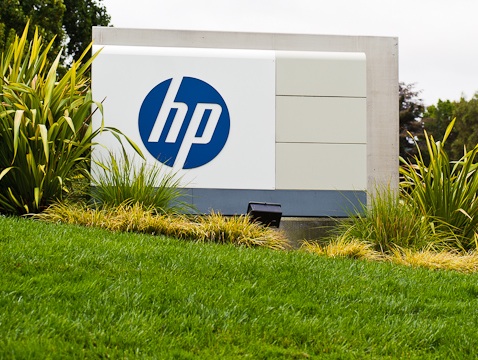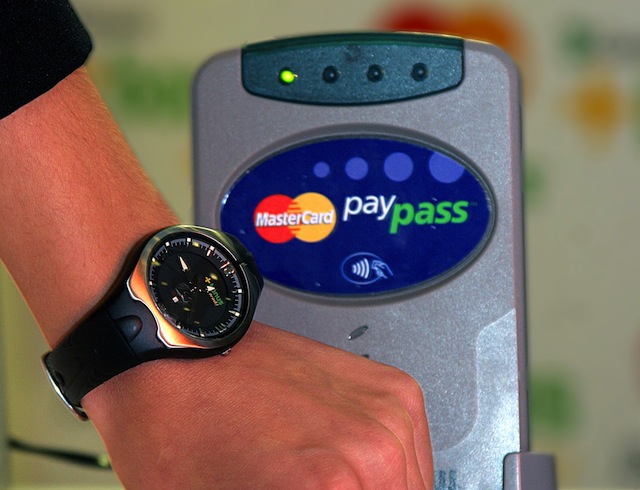On their metal, a story from BBC Radio’s In Business program looked at how the English Midlands is dealing with the toughest economic conditions the beleaguered region has suffered for decades.
Once the centre of the industrial revolution, The Midlands have had a tough time of the last fifty years as the region caught the brunt of Britain’s de-industrialisation and the loss of thousands of engineering jobs.
Today, the surviving engineering companies are struggling to find new markets as orders from Europe dry up and many Midlands workers find they are confronting the ‘New Normal’.
The ‘New Normal’ for British industry is described by Mark Smith, Regional Chairman, Price Waterhouse Coopers Birmingham who points out that UK industries have to sell to the fast growing economies.
Interestingly this is similar, but very different in practice, to the Australian belief – where the Asian Century report sees Australia continuing being a price-taking quarry for Asia rather than selling much of real value – the Brits see some virtue in adding value to what they sell to Asia’s growing economies.
The British experience though shows the realities of the ‘New Normal’ for Western economies – the cafe owner featured in story now offers no dish over £3 and the idea of overpriced five quid tapas are long gone. The customers can’t afford it.
Part of this is because of the casualisation of the workforce as people find salaried jobs are no longer available and become freelancers or self-employed. One could argue this is the prime reason why unemployment hasn’t soared in the UK and US since the global financial crisis.
That ‘new normal’ features the precariat – the modern army of informal white and blue collar workers who have more in common with their grandparents who worked for day wages at the docks and factories in the 1930s than their parents who had safe, stable jobs through the 1950s and 60s.
For the precariat, the idea of sick leave, paid holidays or a stable career started to vanish after the 1970s oil shock and accelerated in the 1990s. The new normal is the old normal for them, there just happens to be more of them after the 2008 crash.
With a workforce increasingly working for casual wages without security of income, the 1980s consumerist business model built around ever increasing consumption starts to look damaged.
The same too applies to the banking industry which grew fat on providing the credit that unpinned the late 20th Century consumer binge.
When the 2008 financial crisis signalled the end of the 20th Century credit binge, the banks were caught out. Which is why governments had to step in to help the financial system rebuild its reserves.
The effects of that reserve building also affected businesses as bank credit dried up. Early in the BBC program Stuart Fell, the Chairman of Birmingham’s Metal Assemblies Ltd described how his bank decided to cut his line of credit from £800,000 to £300,000 which forced the management to find half a million pounds in a hurry.
That experience has been repeated across the world as banks have used their government support and easy money policies to recapitalise their damaged accounts rather than lend money to entrepreneurial customers to build businesses.
Businesses are now looking at other sources to find capital from organisations like the Black Country Reinvestment Society which is profiled in the story that raises money from local investors to provide small businesses with working capital.
Communities helping themselves and each other is the real ‘New Normal’ – waiting for the banks to lend money or hoping that surplus obsessed governments will save businesses or provide adequate safety will only end in disappointment as the real austerity of our era starts to be felt.
The New Normal is declining income for most people in the Western world and we need to think of how we can help our neighbours as most of us can be sure we’re going to need their help.
Just as the English Midlands lead the world into the industrial revolution, it may be that the region is giving us a view of what much of the Western world will be like for the next fifty years.




